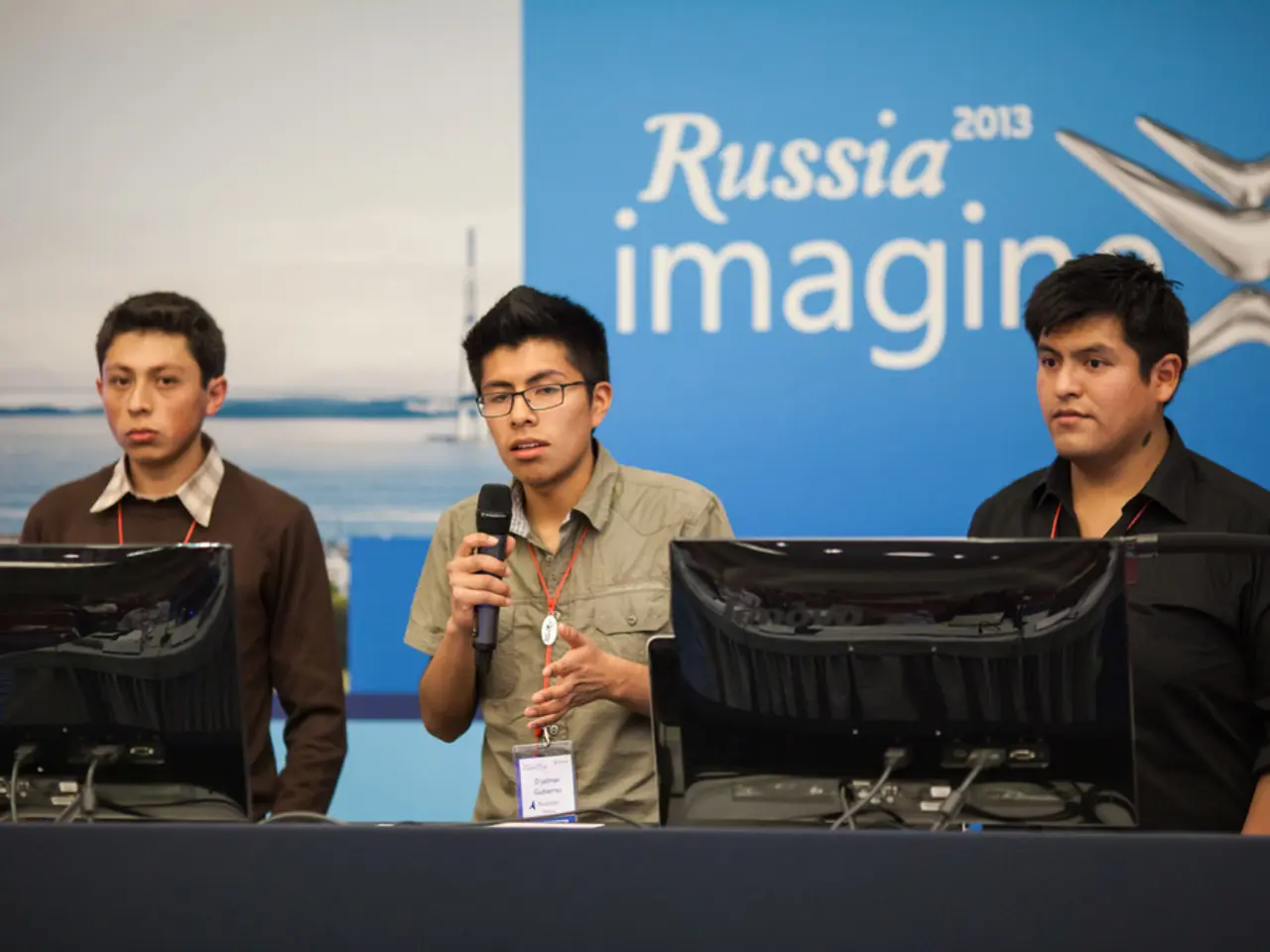Trump plans to evaluate Putin during their meeting in Alaska regarding potentially ending the conflict in Ukraine.
In a bid to bring an end to the four-year-long conflict in Ukraine, President Trump is set to hold a summit with Russian President Vladimir Putin in Alaska this Friday. This will be the first face-to-face meeting between the two leaders since 2019.
The planned outcome of the summit includes negotiating a framework for a ceasefire, potentially involving minor land swaps. The deal would aim to ensure Ukraine’s sovereignty over the remaining 80% of its land, allowing it to maintain its independence, including the right to acquire defensive military capabilities and choose its future alignment, such as EU membership.
However, significant concerns remain. Putin has not moved from demanding maximalist war aims, including regime change in Kyiv and Ukraine’s demilitarization. A flawed deal risking Ukraine’s interests could lead Trump to insist Ukraine accept it “take it or leave it,” possibly ending U.S. support and damaging transatlantic relations.
Notably, neither Ukraine nor European allies were invited to the talks, emphasizing their marginalization in shaping the continent’s future. Trump has conveyed that ultimate responsibility lies with Ukraine and European states to finalize any agreement, while signaling potential softening on sanctions against Russia.
European leaders are urging Trump to consult closely with Ukrainian President Zelenskyy before the summit. Trump believes he will know within the first two minutes whether a deal is possible. The summit did not produce a major breakthrough or a comprehensive joint statement and was considered by some European observers as a risky imbalance of leverage favouring Russia’s narrative.
Trump has previously pledged to use his relationship with Putin to end the war in Ukraine. He plans to discuss the summit with Zelenskyy and European allies both before and after the meeting. Trump suggests a future meeting between Zelenskyy and Putin. Zelenskyy has stated that he will not give land to Russia.
It is important to note that Russian forces have occupied prime Ukrainian territory. The deal would recognise that Russia occupies about 20% of Ukraine without that territory being formally recognized as Russian. NATO would limit its troop presence and halt any membership offers to Ukraine. In exchange, economic sanctions on Russia would be incrementally eased.
In summary, the summit's intended outcome is a negotiated ceasefire with limited territorial adjustments and mutual security guarantees short of recognizing Russian sovereignty over occupied areas. The process is complicated by geopolitical disagreements and the absence of direct Ukrainian and European participation.
Read also:
- Massive 8.8 earthquake hits off the coast of Russia's Kamchatka Peninsula, prompting Japan to issue a tsunami alert.
- Court petitions to reverse established decision on same-sex marriage legalization
- Proposed Standardization of Food Labeling Laws Among Member States by the Commission
- Current News: AfD Achieves 26% - Union Dips to Laschet's Level






